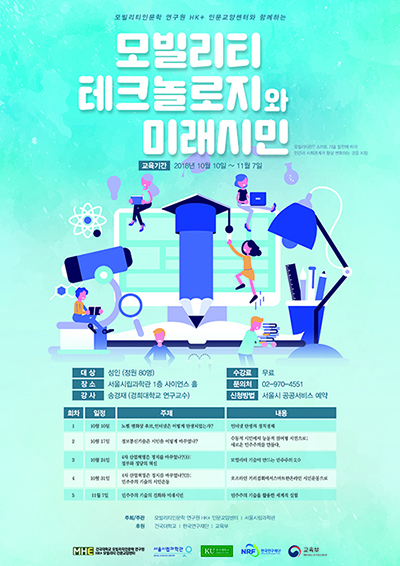Futurist Alvin Toffler predicted the emergence of the information revolution as the third wave, following the agricultural (the first wave) and industrial revolutions (the second wave) in his book The Third Wave. Since the 2000s, the third wave has rapidly spread to modern society. With the evolution of information and communication technology, humanity has now stepped into the 4.0 industry era and experienced overall changes across politics, economics, and culture based on mobility technology. This lecture focuses on the various changes brought by the mobility society, with a particular focus on emerging political phenomena. The debate between optimism and pessimism regarding “whether technological progress will strengthen or weaken democracy?” reflects the rapid pace of information and communication technology advancements and how these advancements lead to the emergence of the new political phenomena. To make it easier to understand the transformation in governments and political parties by the development of mobility technology, this lecture introduces domestic and international examples, such as the emergence of e-government and the enhancement of citizen services through the utilization of social networks.

- Humanities for Happiness
- Off line
How did the Forth Industrial Revolution Change Politics? (1): Innovation of Government and Political Party
Lecture Information
- Date2018-10-24
- LocationSeoul Science Center
Instructor
Song, Kyungjae Ph. D. political science, Kyung Hee University. Former advisory board member in Eduin, Ministry of Education/ Korea Communications Standards Commission/ Ministry of Culture, Media Policy Forum, K-MOOC management/ Former Research Fellow in Local Press Commission. Currently, advisory board member in National Election Commission and research professor in Kyung Hee Institute for Human Society (conducting research and teaching in fields such as political process, election campaign analysis, internet politics, cosmopolitan civic education, social media/political communication, social science methodology, governance and social capital).

